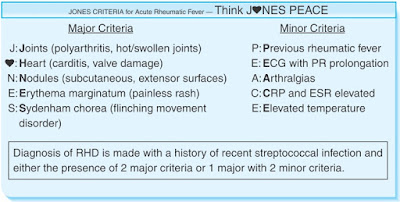Choosing Between Propofol and Thiopental Sodium
Propofol and thiopental sodium are both intravenous anesthetic agents used for the induction of anesthesia, but there are several differences between the two agents:
Onset and duration of action: Propofol has a more rapid onset of action compared to thiopental sodium, meaning it takes effect more quickly after administration. Propofol also has a shorter duration of action compared to thiopental sodium, which allows for quicker recovery after the procedure.
Mechanism of action: Propofol works by enhancing the activity of the inhibitory neurotransmitter GABA, while thiopental sodium enhances the activity of GABA and also inhibits the excitatory neurotransmitter glutamate.
Cardiovascular effects: Propofol has a dose-dependent decrease in blood pressure and can cause vasodilation, while thiopental sodium has less of an effect on blood pressure and can cause less vasodilation.
Antiemetic properties: Propofol has antiemetic properties, meaning it can reduce the incidence of nausea and vomiting after surgery. Thiopental sodium does not have antiemetic properties.
Pain on injection: Propofol can cause pain and burning upon injection, while thiopental sodium is less painful upon injection.
Cost: Thiopental sodium is generally less expensive than propofol.
Overall, both propofol and thiopental sodium are effective anesthetic agents, and the choice between the two may depend on the patient's individual needs and characteristics, as well as the preferences and experience of the anesthesia provider.


